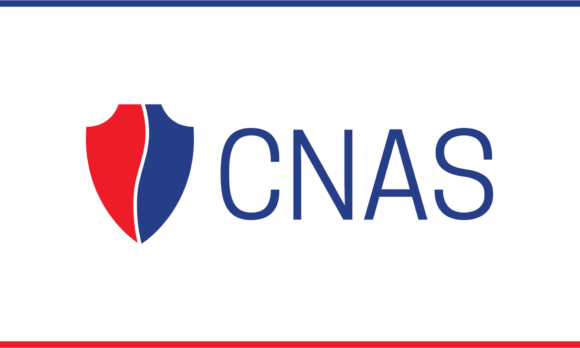The CNAS Technology Alliance Project explores how technology will be at the center of the new era of great power competition. Whoever leads in emerging technologies such as artificial intelligence, quantum computing, biotechnology, and next-generation telecommunications will garner economic, military and political strength for decades. A multilateral group of like-minded nations is needed to safeguard liberal-democratic institutions and to act as a bulwark against authoritarian powers. Broad cooperation is needed to maximize effectiveness across a range of areas, including R&D, supply chain diversity and security, standards-setting, multilateral export controls, and countering the illiberal use of advanced technology. To achieve the necessary level of collaboration, the world’s tech-leading liberal democracies should create a new international coordination body for technology policy—a technology alliance.
This Technology Alliance project, supported by a grant from Schmidt Futures, aims to coordinate multinational technology policy. Its purpose is threefold: regain the initiative in the global technology competition through strengthened cooperation between like-minded countries; protect and preserve key areas of competitive technological advantage; and promote collective norms and values around the use of emerging technologies. CNAS is working in collaboration with partners from the Asia Pacific Initiative (API) and the Mercator Institute for China Studies (MERICS) to ensure diverse input from global stakeholders in the public sector, academia, and industry.
CNAS published Common Code, the first report of the project in October 2020. A September 2020 feature in Axios previewed the report’s recommendations. Axios China reporter Bethany Allen-Ebrahimian described the report as "a blueprint to establish digital privacy guidelines, secure supply chains and conduct joint research development." In November 2020, The Economist featured the report's recommendations in a cover story on the future of democratic technology policy coordination.
Highlights
-
Networked: Techno-Democratic Statecraft for Australia and the Quad
Australia is well positioned to lead the Quad to achieve important technology policy objectives....
By Martijn Rasser
-
Common Code
The world’s tech-leading democracies should spearhead the creation of a new multilateral architecture for technology policy—a technology alliance....
By Martijn Rasser, Rebecca Arcesati, Shin Oya, Ainikki Riikonen & Monika Bochert
-
Rising to the China Challenge
The United States and China are locked in strategic competition over the future of the Indo-Pacific—the most populous, dynamic, and consequential region in the world....
By Ely Ratner, Daniel Kliman, Susanna V. Blume, Rush Doshi, Chris Dougherty, Richard Fontaine, Peter Harrell, Martijn Rasser, Elizabeth Rosenberg, Eric Sayers, Daleep Singh, Paul Scharre, Loren DeJonge Schulman, Neil Bhatiya, Ashley Feng, Joshua Fitt, Megan Lamberth, Kristine Lee & Ainikki Riikonen














